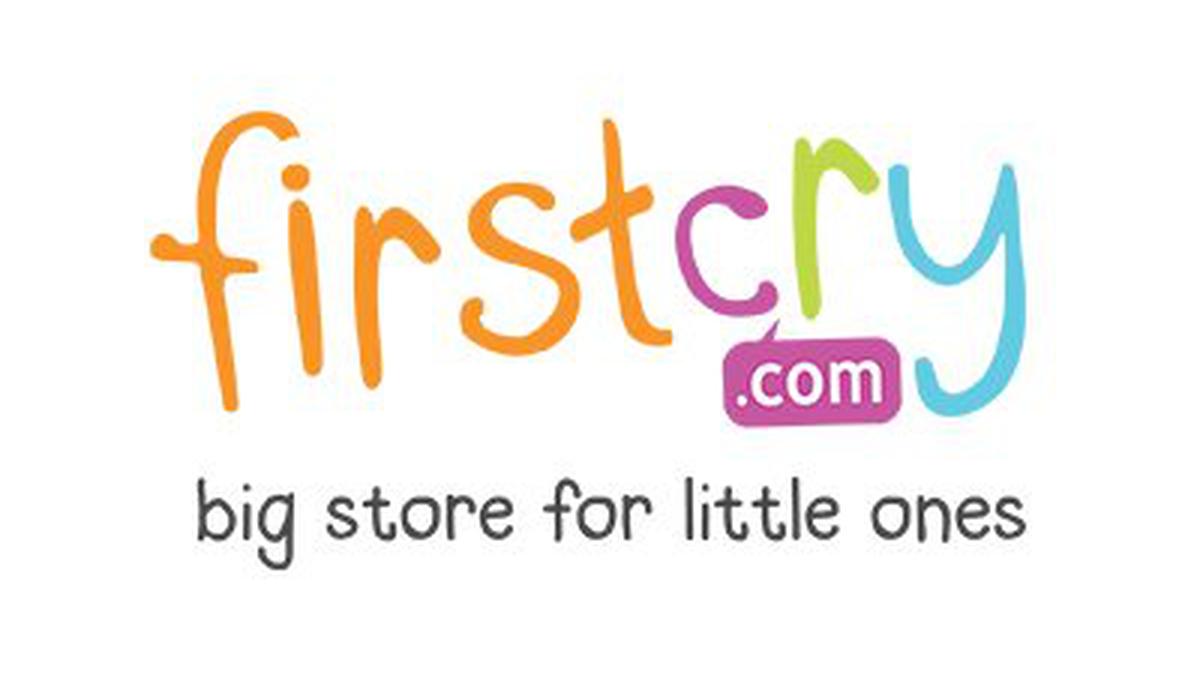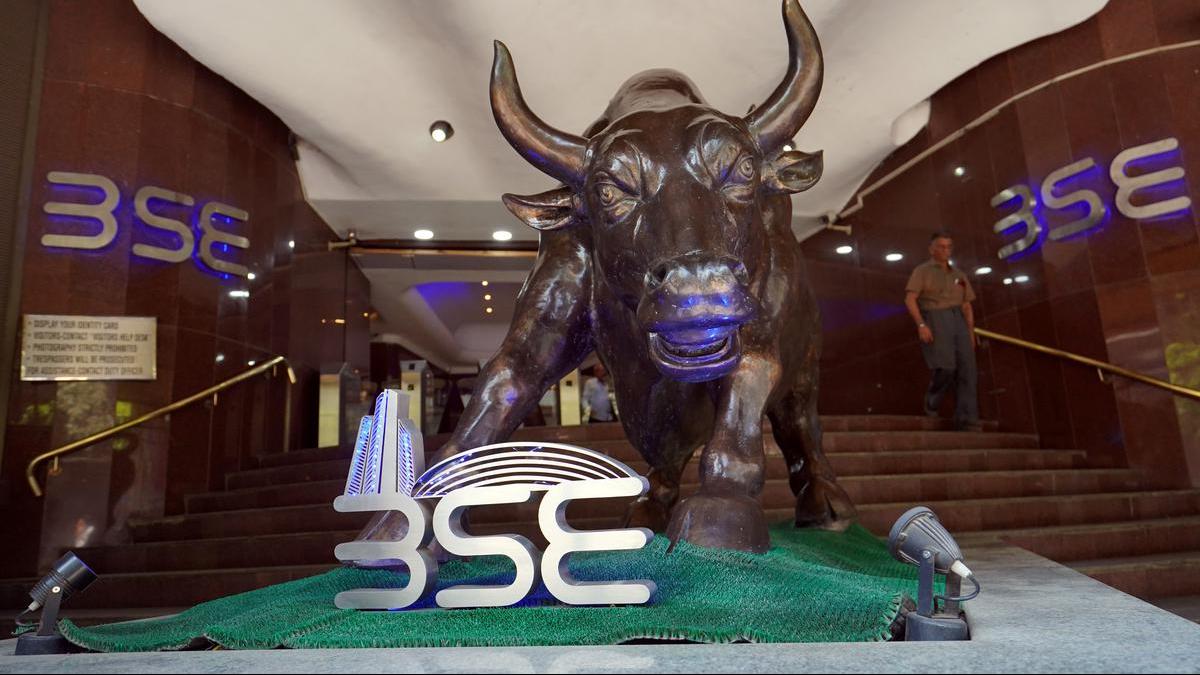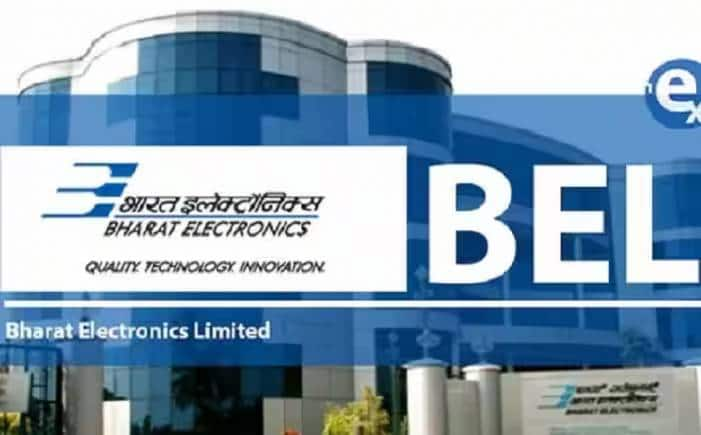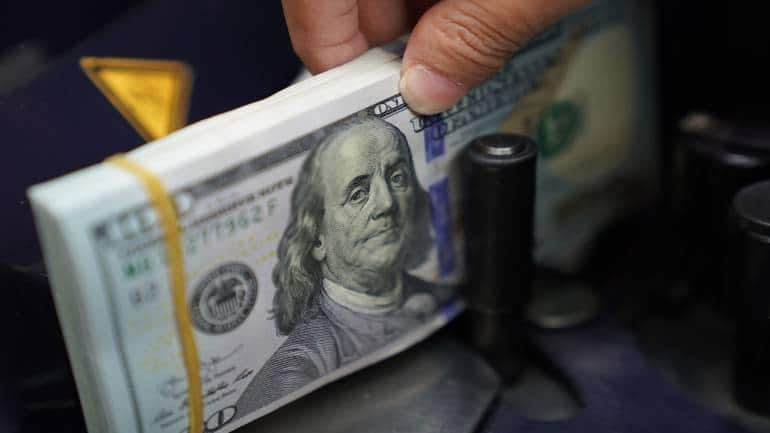The two banks are introducing the surcharge with effect from May 1 because this is a low-margin business category, and to prevent misuse
April 02, 2024 / 10:40 AM IST

Yes Bank and IDFC First Bank have introduced surcharge on utility transactions effective from May 1
Yes Bank and IDFC First Bank have introduced a surcharge on utility transactions in statement cycles effective from May 1. The utility expenses include telecommunications, electric, gas, water, internet services and cable services.
Over the past few months, many credit card issuers have been excluding categories such as utility bills, insurance and rent payments from their reward-earning category list.
After Axis Bank’s massive devaluation of its credit cards in recent times, others are also re-evaluating their own cards and how much revenue their card portfolios bring them.
Let’s analyse what this surcharge on utility transactions means for credit card users.
The surcharge
Yes Bank will levy a surcharge of 1 percent plus GST when the aggregate of utility bill payments made with a credit card crosses Rs 15,000. This utility surcharge is not applicable on Yes Bank's Private credit card. So, if your aggregate utility bill transactions (gas, electricity and internet) amount to Rs 15,000 or less in a statement cycle, then there is no surcharge. But if it exceeds Rs 15,000, then a 1 percent surcharge plus 18 percent GST on the surcharge will be applicable on the excess.
IDFC First Bank meanwhile has announced that it will levy a surcharge of 1 percent plus GST only when the aggregate of utility bill payments made with a credit card crosses Rs 20,000. The utility surcharge is not applicable on FIRST Private Credit Card, LIC Classic Credit Card, and LIC Select Credit Card. So, if your aggregate utility bill transactions (gas, electricity and internet) amount to Rs 20,000 or less in a statement cycle, then there is no surcharge. But if it exceeds Rs 20,000, then a 1 percent surcharge plus 18 percent GST on the surcharge will be applicable on the excess.
Also read | The Money Calendar 2024-25: Keep up with investments, taxes, lenders and more
Discouraging misuse in a low-margin business
After a surcharge on rental transactions using a card, imposing a surcharge on utility transactions appears to be picking up among credit card issuers. “It's a low marginal business category for the bank so don’t be surprised to see other banks introducing surcharge after Yes Bank and IDFC First Bank on utility transactions,” says Sumanta Mandal, founder of TechnoFino, a platform that reviews debit and credit cards. A low-margin business category means the bank operates on a thin profit margin relative to its revenues in this segment.
Further, there is believed to be misuse in the utility spending category. “There are business spends in utility transactions using personal credit cards and credit card users are earning rewards on them,” adds Mandal.
So, to discourage the misuse, banks are introducing surcharges on utility transactions.
Impact on credit card users
As for IDFC First Bank, which has introduced a 1 percent surcharge only on utility spends exceeding Rs 20,000, Mandal says, “Allowing Rs 20,000 per statement for utility spends without any fees is a decent cap for most credit card holders.”
Ankur Mittal, Co-Founder and Chief Technology Officer of Card Insider, a platform that tracks the credit card business, says that the decision by IDFC First Bank is reasonable compared to Yes Bank’s capping of just Rs 15,000 as most users would have utility spends of up to Rs 20,000.

Hiral Thanawala is a personal finance journalist with over 10 years of reporting experience. Based in Mumbai, he covers financial planning, banking and fintech segments from personal finance team for Moneycontrol.
Discover the latest business news, Sensex, and Nifty updates. Obtain Personal Finance insights, tax queries, and expert opinions on Moneycontrol or download the Moneycontrol App to stay updated!

 1 month ago
1 month ago














